
About This Quiz
Science has a long and varied history. As far back as 4000 B.C., human beings tried to make sense of the universe through observation of the sky and stars. They laid the groundwork for the study of diseases and medications, looking to plants and natural elements around them to find relief. Fast-forward a few years, and you'll find scholars in Greece and Asia who started developing and applying mathematical equations to explain things like matter and energy. And we haven't even gotten to guys like Albert Einstein or Nikola Tesla yet!
Merriam-Webster defines science as "the state of knowing." That means, if there's anything in the universe that can be observed - from the weather to animals to communities - there's an "-ology" that fits. Biology, meteorology, audiology, zoology ... and the list goes on! The question is: Are you a prodigy of the "-ologies?" Do you know what the study of telmatology is? That's learning about swamps. How about the study of stomatology? That's learning about the mouth. See what we mean? There's a branch of science for a whole world of knowledge you may never have known existed.
Master the "-ologies" in this quiz by matching a sequence of emojis and a brief description to the correct branch of science. You're under the microscope! Prove you have what it takes to master the science of emoji-ology!

You often hear people talk about the acoustics of a room and how sound travels in space. The science of acoustics is concerned with how sound is produced, how it's transmitted and how it's received.

If you've ever wondered how a 175,000-pound plane propels through the sky, the study of aerodynamics may be for you. Aerodynamics focuses on the relationship between the air and solid objects that move through it.

Agrobiology is all about the dirt. Most notably, the nutrition in soil and how it impacts both plants and animals. Scientists in this field may be primarily concerned with how to make the soil more efficient for crop growth.
Advertisement
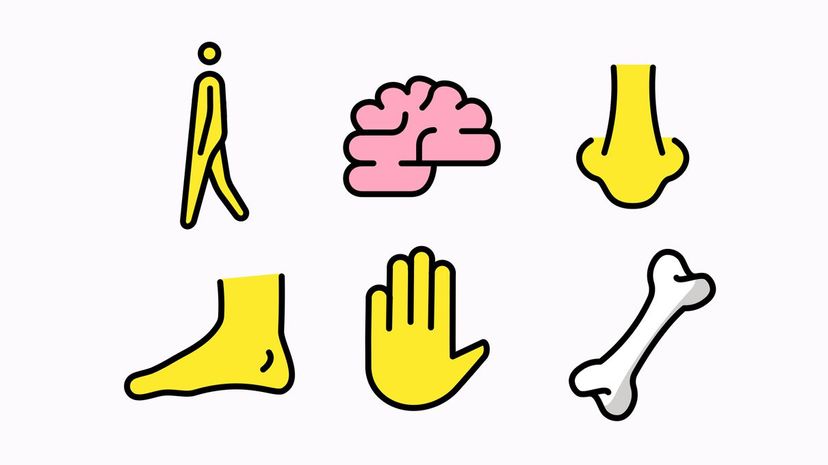
An off-shoot of biology, anatomy is the study of the structure of the human body. With almost 80 organs in the human body, there is certainly more than enough for anatomists to spend time on.
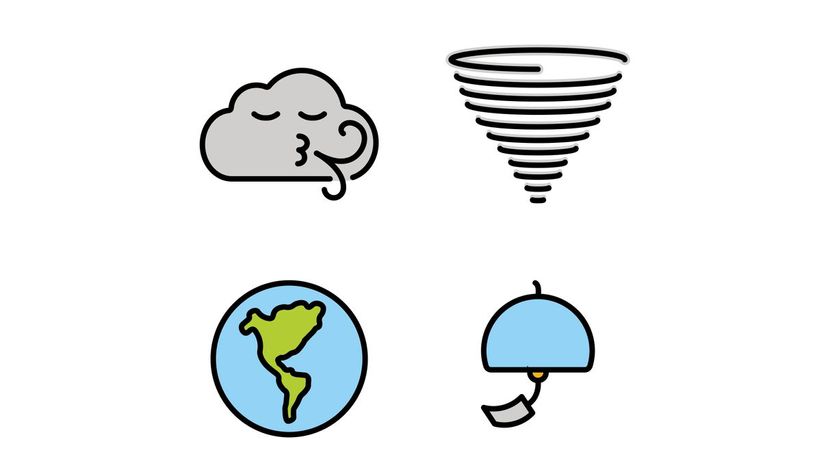
If you want to study anemology, you might be right at home in a place like Chicago, known as "The Windy City." This branch of science comes from the Greek word, "anemos," which means wind.

Anthropologists concern themselves with studying humans and human behaviors both in the past and present. They might do this to help solve problems such as poverty or criminality.
Advertisement
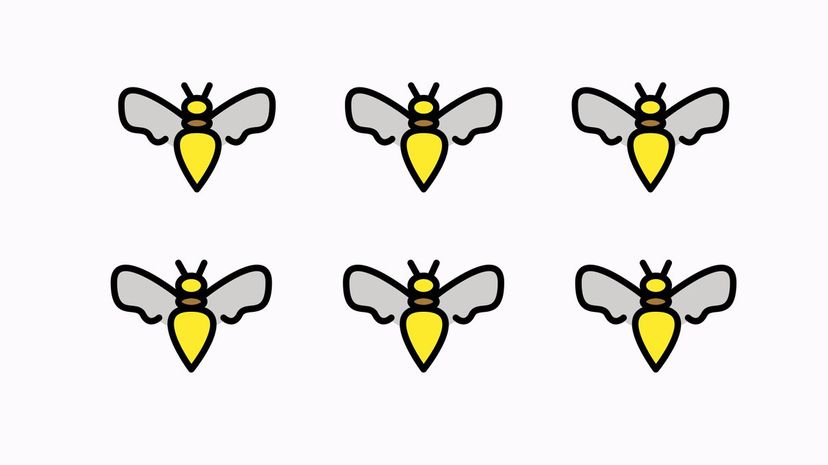
Apiology may sound more like it's concerned with the study of monkeys or apes, but it is in fact the study of honey bees. The word is derived from Latin, where "apis" means "bees."

Have you ever had a fragrance remind you of a specific memory? Scientists actually study things like this in a branch of science known as aromachology. This one is easy to remember since the word "aroma" is right in the mix.
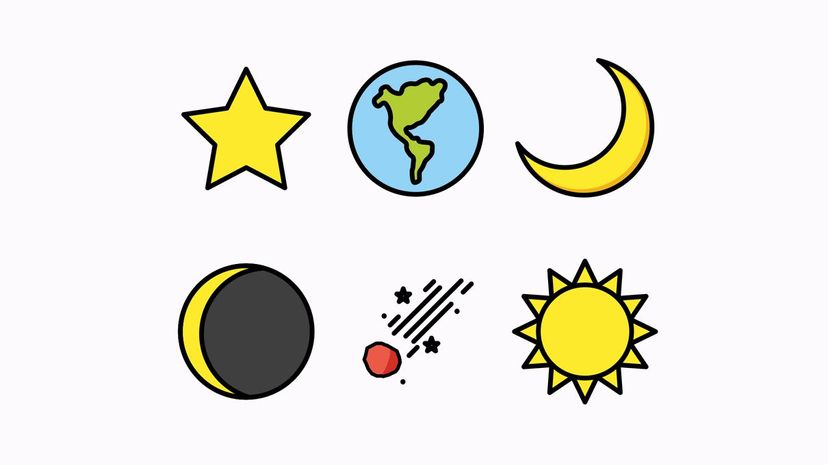
Galileo Galilei contributed much to the field of astronomy, but perhaps no discovery was as significant as his uncovering of Jupiter's four moons. Today, these moons are referred in honor of Galileo as the Galilean Moons.
Advertisement
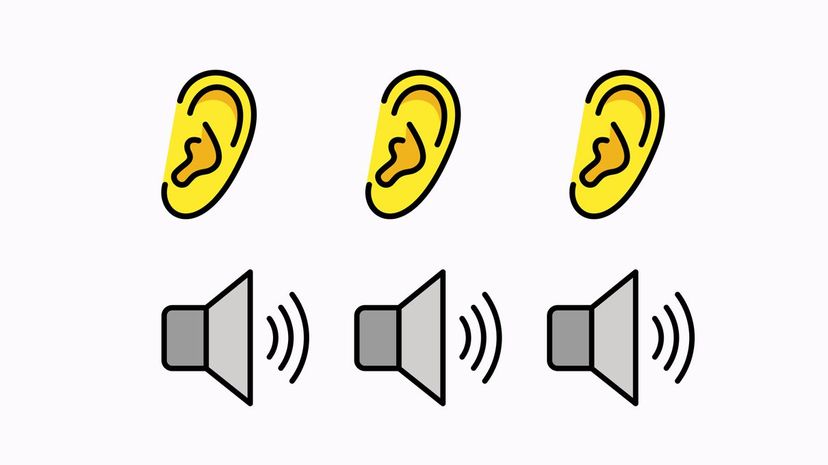
Not only do we rely on our ears to hear things around us, but problems with them can lead to other issues such as balance problems. Audiologists concern themselves with the study of the ear and hearing and how it can impact other health issues.
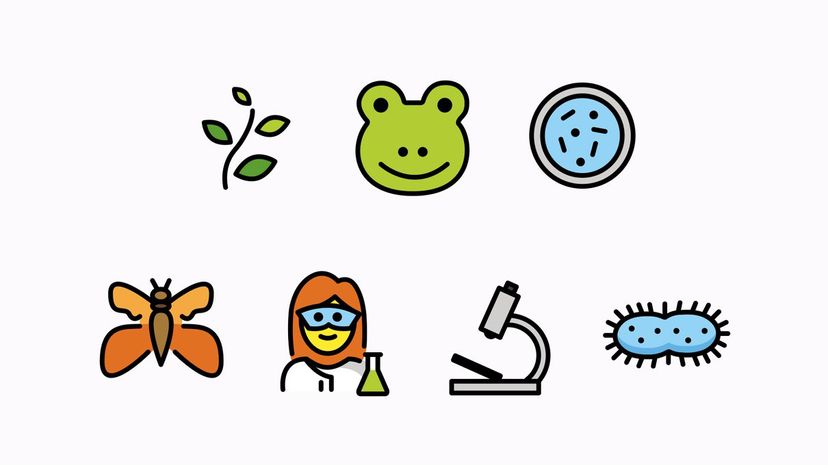
You likely took biology in school, a subject that had you studying everything from the structure of cells to how plants engage in photosynthesis. Under biology are many subject areas, from biochemistry to ecology.

It's safe to say that botanists have a green thumb and a love of all things green and leafy. Botany studies everything from the structure of plants of all sizes to how plants interact with the environment around them.
Advertisement

From the Greek word, "broma," which means "food," we find bromatology - a study of both food products and the science behind them. Individuals who pursue this field are generally called "food scientists" rather than bromatologists.

Cardiology is the study of the heart and its functions and disorders. If you have heart problems, you will likely be referred to a cardiologist, a doctor who specializes in understanding the heart.
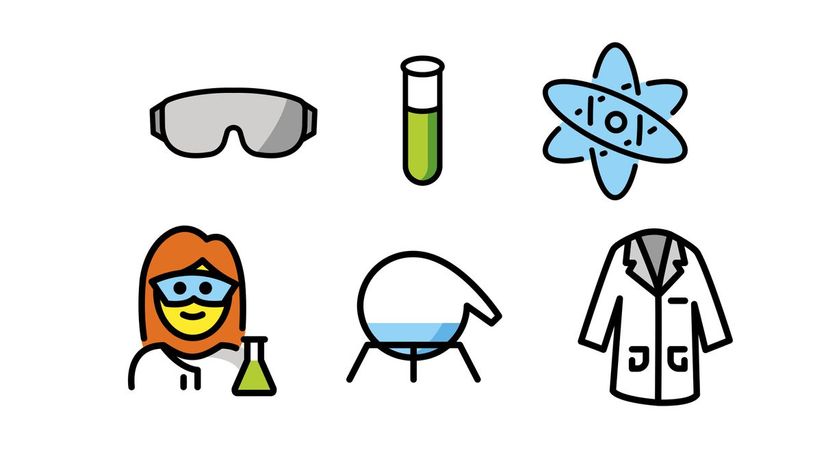
You may not think of yourself as a chemist, but if you've ever baked anything, there was chemistry involved. The field of chemistry is concerned with various elements and substances and how they interact.
Advertisement
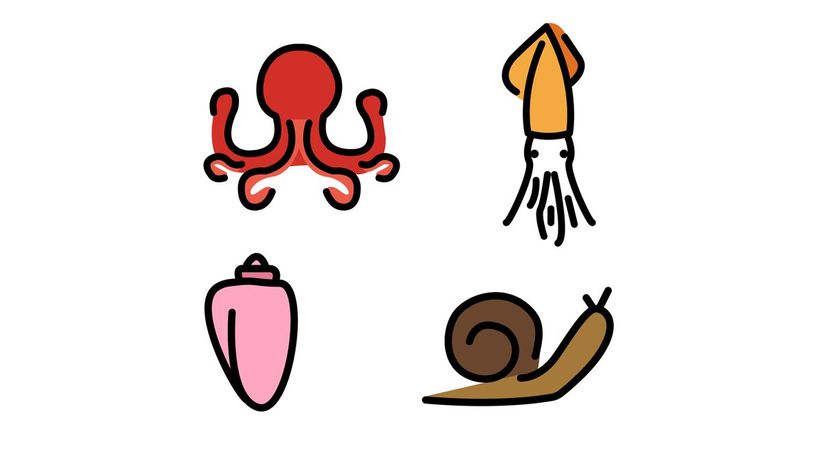
Conchology isn't just the study of conch shells, but it could certainly include those. Conchology is a part of the science of zoology, employing conchologists who study the shells of mollusks.

Have you ever been asked for demographic information when filling out a survey or questionnaire? Chances are a demographer was using that information to study human populations - including you!
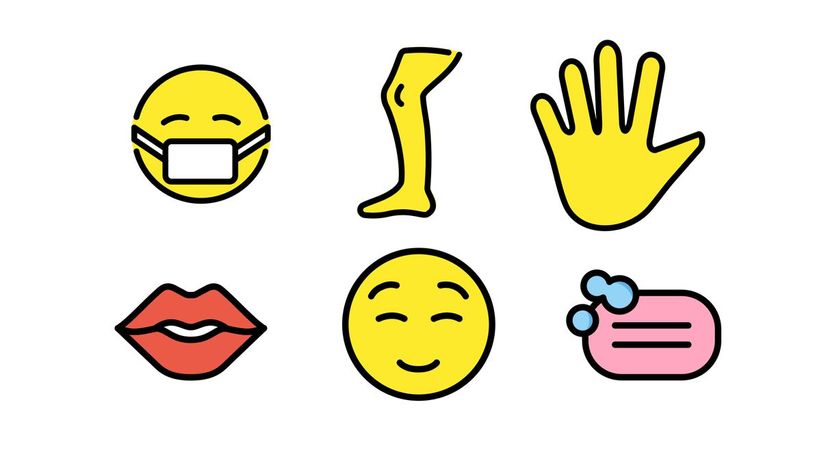
Dermatologists went to school to learn more about the study of skin and the various things that affect it. This branch of science is known as dermatology, from the Greek word "dermatos," which means skin.
Advertisement
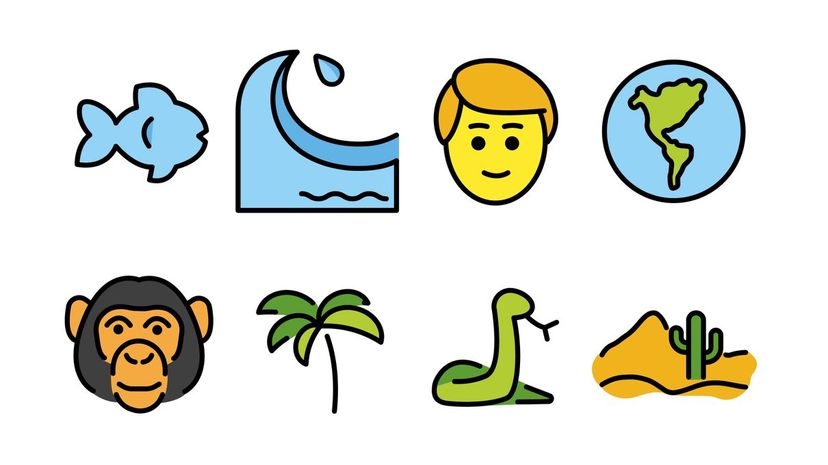
Ecologists study things like how animals co-exist and interact with one another and with the environment they live in. The origin of the word "ecology" is interesting. It comes from the Greek word, "oikos," which means habitation or environment.
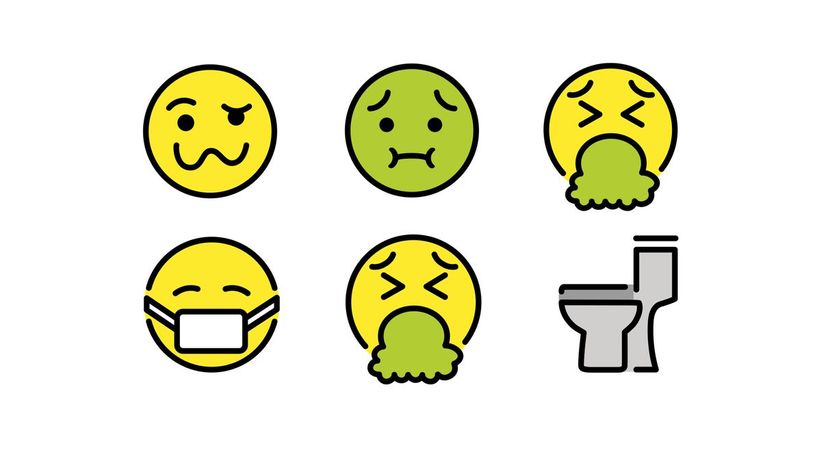
It's a pretty specific field of study, one that studies the act, and causes, of vomiting. It might make it sound better if you refer to vomiting by its technical name - emesis, making it easier to see where this branch of science gets its name.
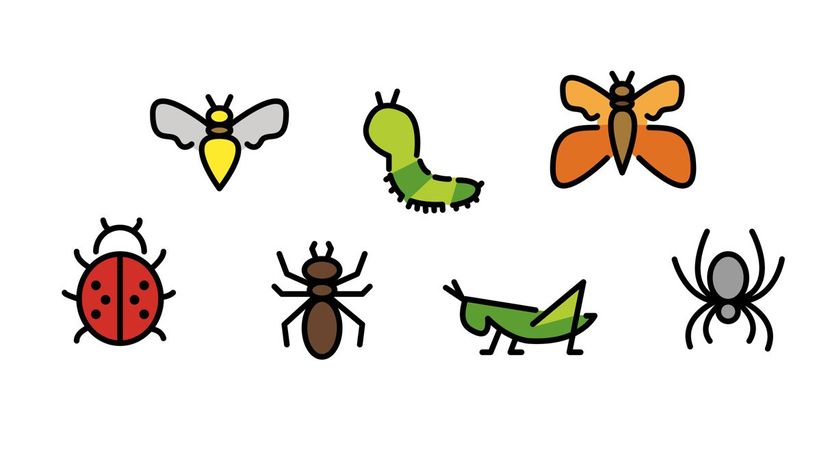
A sub-specialty of zoology, entomology studies insects and their impact on the environment in which they live. Did you know insects make many of our plants, flowers and crops possible?
Advertisement

If we ever have to figure out what's behind the spread of a viral infection that causes a zombie outbreak, we'll need the services of an epidemiologist. They study how diseases spread and how they can be controlled.

Ergonomics is concerned with how people work while they're at ... work. A great deal of fuss has been made in the past few years about ergonomically-designed work environments that help employees be safe and more productive.

Gerontology concerns itself with the study of aging and the various matters that affect the aging population. Gerontologists may find careers in hospitals, assisted living facilities or nursing homes.
Advertisement

Hematology focuses on the study of blood and blood disorders like anemia, leukemia and hemophilia. The word hematology derives from the Greek, "haima," which means blood, and makes up words like "hemorrhage" and "hemangioma," both of which concern the blood.
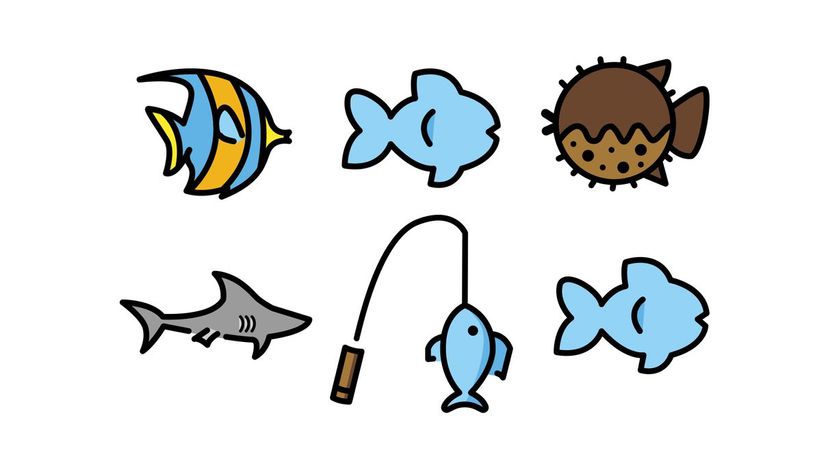
Fishermen may love fish for one reason, but they don't have anything on ichthyologists, who study fish and their habitats and behaviors. In Greek, the word "ikhthys" represents fish.
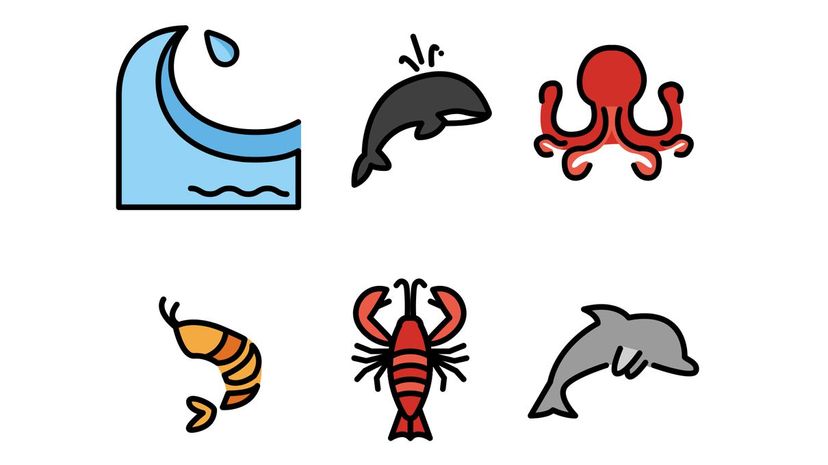
Marine biology is the study of what lives in the deep blue sea. Marine biologists may examine schools of fish, sharks, manatees and any other organism - large or small - in the water that covers more than 70 percent of the Earth's surface.
Advertisement
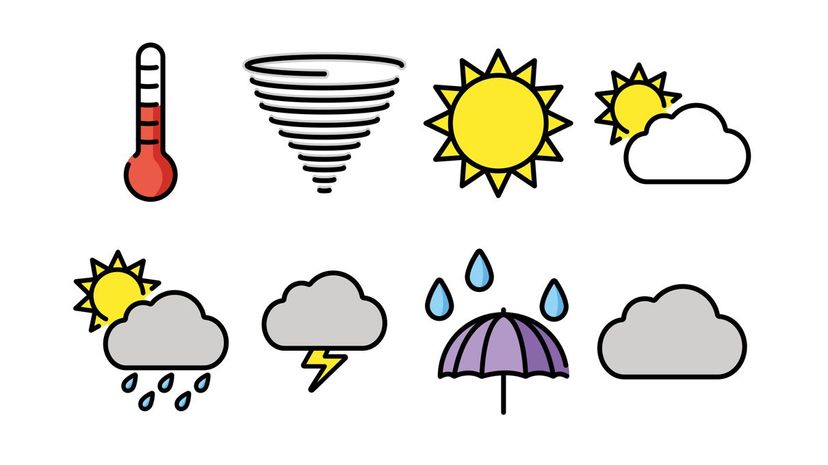
Meteorologists, better known to some as a "weatherperson," study all types of weather and weather patterns in the atmosphere. Most television stations employ a meteorologist who explains the weather to viewers.

Have you ever had to see an orthodontist? Do you recognize the "odont" in that word? Odontology is the study of teeth. More specifically, odontologists work to understand the anatomy of teeth and are called upon often to help in criminal investigations.
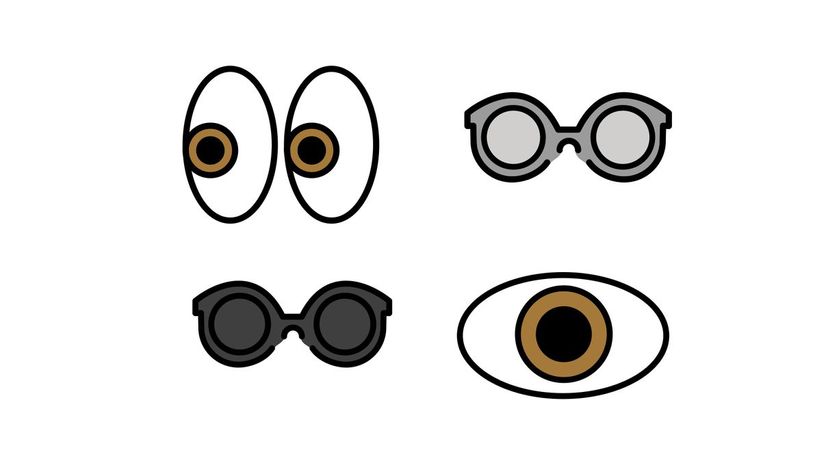
Ophthalmology is a branch of science that involves the study of the eye and diseases that can affect it, such as macular degeneration or cataracts. These experts are known as ophthalmologists, which is different than an optometrist.
Advertisement
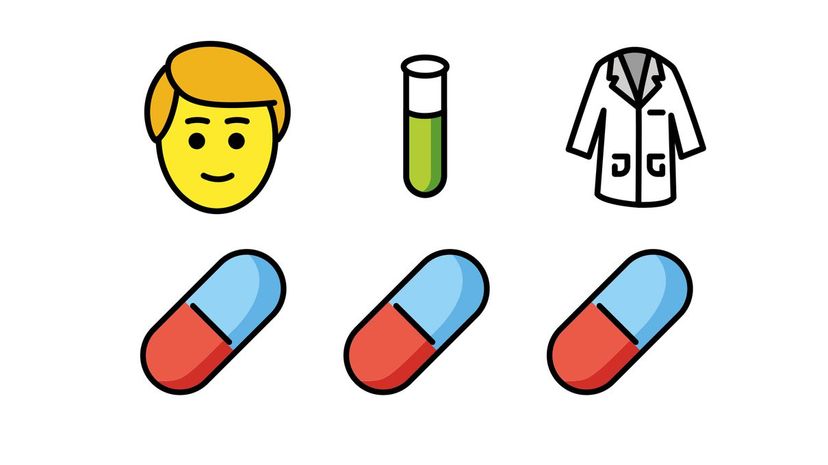
Pharmacologists study how different types of medications are used and how they might impact those taking them. You probably recognize the word "pharma" from your local "pharmacy" or pharmaceutical companies that produce medications.

Both psychologists and psychiatrists deal with matters of the mind, which makes them ideal choices if you have mental concerns you need to work through. The word psychology stems from the Greek, "psyche," which has been interpreted as "life," "spirit" or "self."
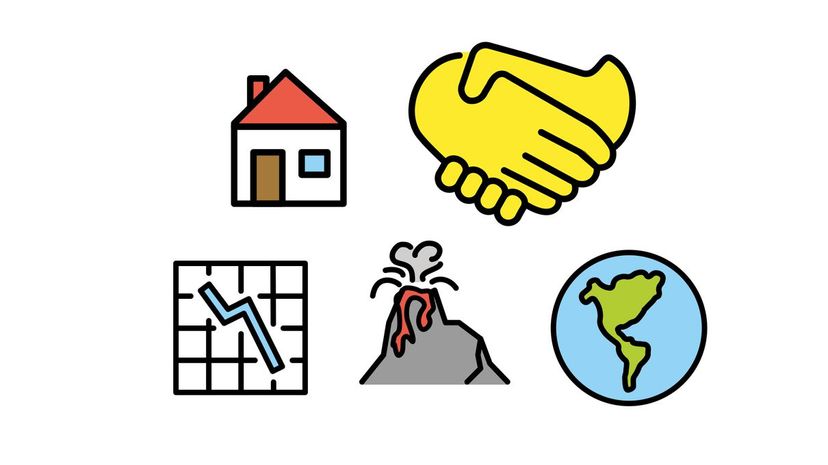
Seismologists study earthquakes and the waves earthquakes generate that pass through the Earth. The man who invented the Richter scale, a device that measures an earthquake's intensity, was a seismologist.
Advertisement

Selenology, a word that is derived from the Greek word "selene" for moon, is concerned with just that - the study of the moon. Do you think you'd need to be a night owl to be a selenologist?
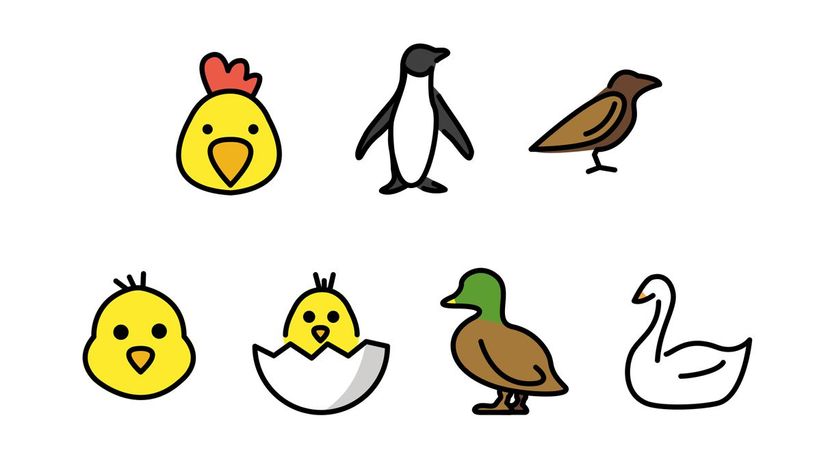
Ornithologists study all aspects of bird life, including the sounds they make, where and how they travel and how they behave in their environments. Ornithology is a sub-speciality of zoology.
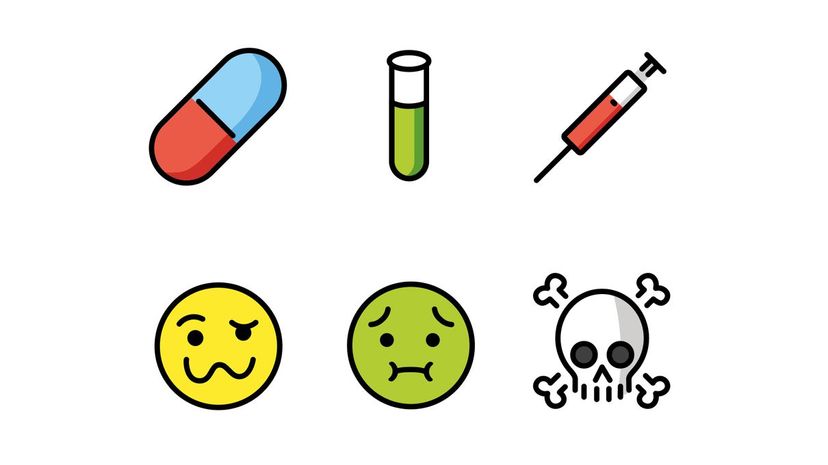
Have you ever heard of a toxicology screening? This is a type of test that assesses the drugs or poisons in a human's system. Toxicology is the study of how these poisons impact the body and how they can be used.
Advertisement

Believe it or not, the study of cities like New York, Los Angeles and Houston has a name - urbanology. Urbanologists can study these cities to help identify particular problems that plague these communities to help implement solutions.

How in the world did they get "vexillology" from the study of flags? The Latin word for flag, "vexillum," explains a lot. Flags contain a lot of history, and their design elements are definitely worth of study.
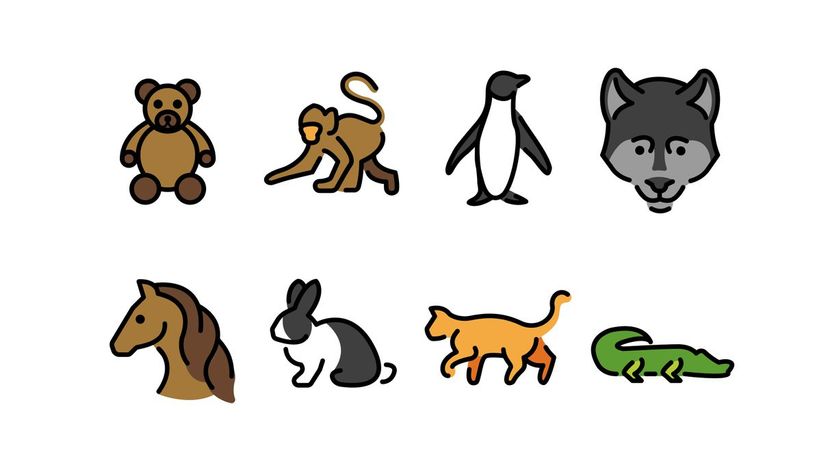
Zoologists enjoy studying animals and what they do. That may include understanding the ecosystems in which particular animals live, their diets, characteristics of a species, and a host of other animal-related information.
Advertisement